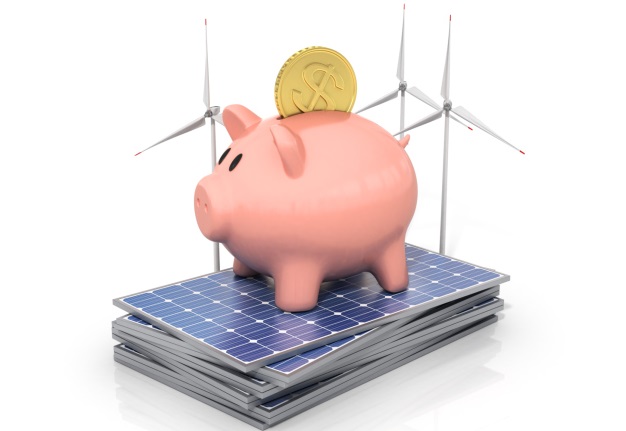President Barack Obama’s 2017 budget proposal for the U.S. Department of Energy (DOE) includes a significant increase in clean energy research and development (R&D) needed to drive economic growth, ensure energy security and reduce greenhouse-gas emissions, says the DOE.
Energy Secretary Ernest Moniz says the fiscal year (FY) 2017 budget reaffirms Obama’s commitment to Mission Innovation, an agreement made at COP21 by the U.S. and 19 other countries to double clean energy R&D over five years.
Specifically, the request puts forward $5.85 billion in discretionary funding for clean energy R&D at the DOE – a 21% increase from FY 2016, including increases for the DOE’s innovation incubator Advanced Research Projects Agency-Energy (ARPA-E) and the creation of new regional partnerships to drive breakthroughs at research universities, labs and companies across the U.S., says the DOE.
As part of Mission Innovation, the U.S. government will seek to double the $6.4 billion that Congress provided in FY 2016 for clean energy R&D to $12.8 billion in FY 2021. According to the DOE, the FY 2017 budget makes good on this commitment by proposing $7.7 billion in discretionary funding for clean energy R&D across 12 agencies – an increase of about 20%.
The DOE’s proposed FY 2017 clean energy R&D budget of $5.85 billion represents 76% of Mission Innovation investments.
The DOE says the budget also proposes the creation of an ARPA-E Trust, which creates a needed funding stream to allow ARPA-E to expand its scope to address larger-scale, more complex energy challenges than can be currently supported under its program. The proposed trust would provide $150 million in FY 2017 and a total of $1.85 billion over five years to ARPA-E, thus increasing ARPA-E’s total budget by 70% from $291 million to $500 million.
To complement a national R&D effort, the budget also proposes new “Regional Clean Energy Innovation Partnerships,” creating up to 10 centers that will engage universities, industries, investors, labs and others to work toward technology-neutral clean energy breakthroughs that support regional needs, explains the DOE.
“The president’s budget request would accelerate American energy innovation, increase our energy and national security, and expand our commitment to science and research,” says Moniz. “It also reflects DOE’s continuing commitment to maintain our nuclear deterrent, secure vulnerable nuclear material and clean up our Cold War legacy.”




